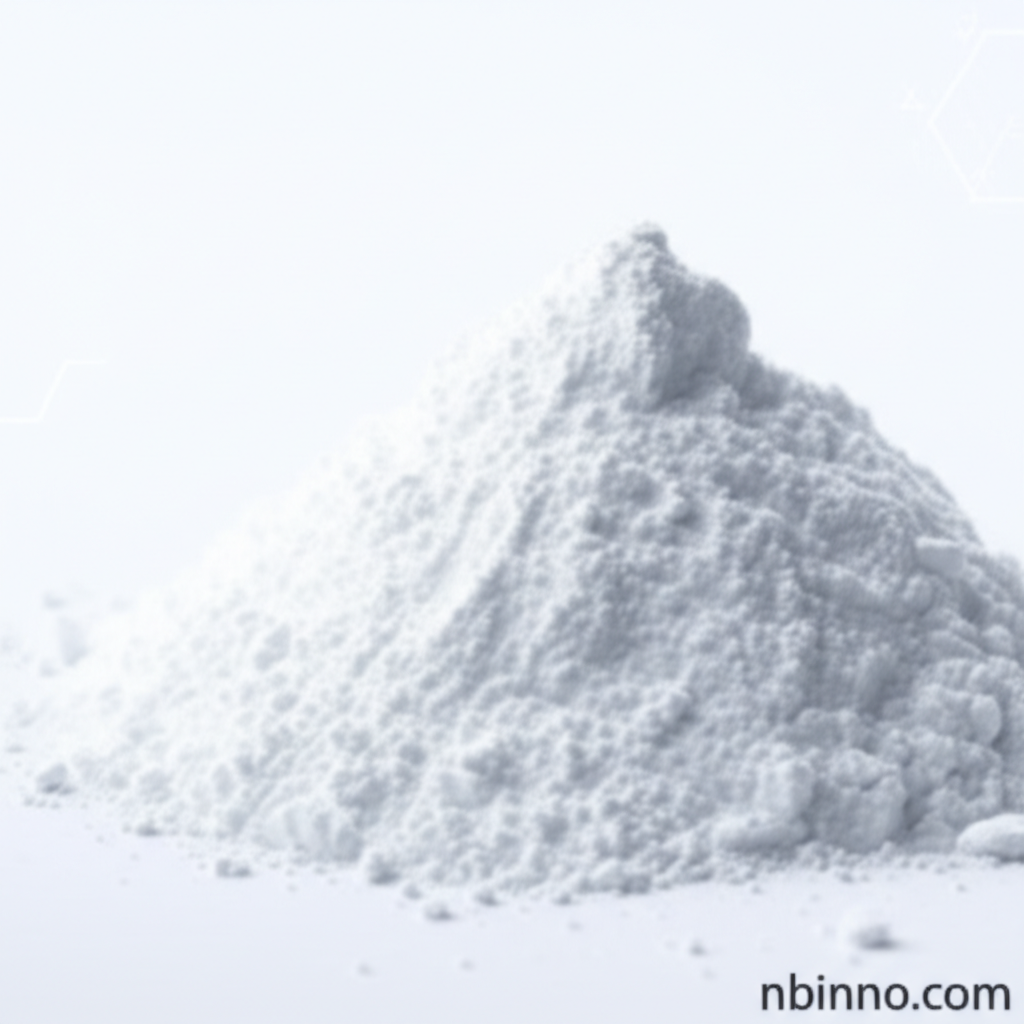Microcrystalline Cellulose PH101/102: The Essential Excipient for Tablet and Capsule Formulations
Discover the versatile properties and applications of Microcrystalline Cellulose grades PH101 and PH102, crucial for pharmaceutical and nutraceutical success.
Get a Quote & SampleProduct Core Value

Microcrystalline Cellulose PH101/102
Microcrystalline Cellulose (MCC) grades PH101 and PH102 are highly purified, partially depolymerized cellulose derived from plant fibers, primarily wood pulp. As a critical pharmaceutical excipient, MCC offers exceptional compressibility and binding properties, making it indispensable for the production of high-quality tablets and capsules. Its inert nature ensures compatibility with a wide range of active pharmaceutical ingredients (APIs), while its excellent flow characteristics facilitate efficient manufacturing processes.
- As a Microcrystalline Cellulose tablet binder, MCC provides strong internal cohesion, ensuring tablet integrity and preventing breakage.
- Leveraging Microcrystalline Cellulose for direct compression, manufacturers can achieve efficient tableting without granulation, streamlining production.
- Utilizing Microcrystalline Cellulose in wet granulation facilitates uniform granulation and drying, leading to robust tablet formulations.
- As a Microcrystalline Cellulose capsule filler, it adds bulk and ensures content uniformity, vital for accurate dosing.
Key Advantages of MCC
Superior Compressibility
MCC exhibits outstanding compressibility, enabling the formation of hard, durable tablets even under low compression forces, which is crucial for pharmaceutical formulations.
Excellent Flowability
The favorable flow characteristics of MCC ensure smooth powder movement through manufacturing equipment, leading to consistent tablet weights and efficient production.
Chemical Inertness and Stability
As a chemically inert substance, MCC does not react with APIs, guaranteeing the stability and efficacy of the final drug product throughout its shelf life.
Key Applications
Pharmaceutical Manufacturing
MCC is widely used as a binder, filler, and disintegrant in tablet and capsule production, enhancing product quality and manufacturability.
Nutraceutical Formulations
In nutraceuticals, MCC serves as a crucial excipient, providing bulking and binding properties for supplements and vitamins, ensuring stability and bioavailability.
Food Industry
MCC functions as an anti-caking agent, texturizer, and stabilizer in various food products, improving texture and shelf life.
Cosmetic Applications
In cosmetics, MCC acts as a thickener, stabilizer, and abrasive, enhancing the texture and performance of personal care products.
